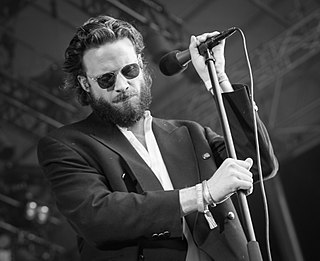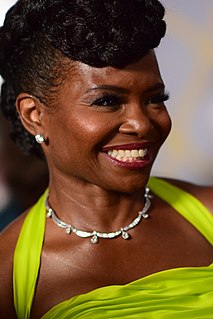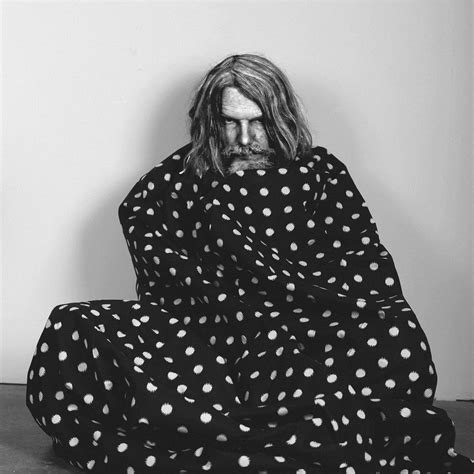A Quote by Bridgit Mendler
I like to think about what the song is saying, the story of it, and conveying the mood of that to the audience. But at the same time, sharing through interacting with them and engaging them.
Related Quotes
You're in a movie, so you have to think about how something plays. It's not like you're thinking about how an audience is going to react. You're trying to present the story. You're trying to illuminate the lives of these people in the story. So I'm thinking about how my behavior as this character best illuminates what's going on with them in this moment in time. I always say it's sort of the director's job. People think that the directors direct actors. No. Really, what the director's doing is directing the audience's eye through the film.
When someone says "that resonates with me" what they are saying is "I agree with you" or "I align with you." Once your ideas resonate with an audience, they will change. But, the only way to have true resonance is to understand the ones with whom you are trying to resonate. You need to spend time thinking about your audience. What unites them, what incites them? Think about your audience and what's on their mind before you begin building your presentation. It will help you identify beliefs and behavior in your audience that you can connect with. Resonate with.
An audience will let you know if a song communicates. If you see them kind of falling asleep during the song, or if they clap at the end of a song, then they're telling you something about the song. But you can have a good song that doesn't communicate. Perhaps that isn't a song that you can sing to people; perhaps that's a song that you sing to yourself. And some songs are maybe for a small audience, and some songs are for a wide audience. But the audience will let you know pretty quickly.
The only way to resonate at a level that persuades is to know who you are addressing. If it's true that the Audience is the hero, you need to spend time thinking about them. Really getting to know them to the point it feels like they are a friend. May times we picture our audience as a large clump of strangers. Instead, you need to picture them as individuals standing in line to have a personal conversation with you. It's easy to persuade a friend, you need to think about your audience until you know them as a friend.
Great stories happen all around you every day. At the time they’re happening, you don’t think of them as stories. You probably don’t think about them at all. You experience them. You enjoy them. You learn from them. You’re inspired by them. They only become stories if someone is wise enough to share them. That’s when a story is born.
I don't think I have enough of an interest in today's cultural mood to connect with or reject it. I'm compelled by the ideas that arrive when I'm not trying, and I follow them through almost every time. I feel fortunate that these days, there are a lot of them. You could argue that they are informed by everything I'm experiencing culturally around me but I don't, for example, look online for new music or art very often, and I don't think there is much in contemporary culture for me. It's a needle in a haystack kind of thing, and I'd rather spend that time working on a new song.
Words are alive--when I've found a story that I love, I read it again and again, like playing a favorite song over and over. Reading isn't passive--I enter the story with the characters, breathe their air, feel their frustrations, scream at them to stop when they're about to do something stupid, cry with them, laugh with them. Reading for me, is spending time with a friend. A book is a friend. You can never have too many.
What I like to do with music is make people feel better. Make people realize that all humans have the same problems, more or less. A lot of people deal with the same thing. A lot of times people think problems are specific to them and they if they hear a song about a problem common to them, they feel good because they know that someone else has gone through it.



































